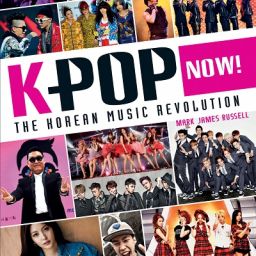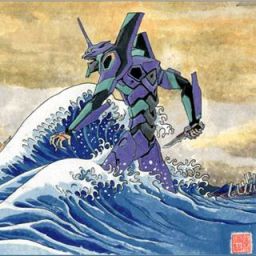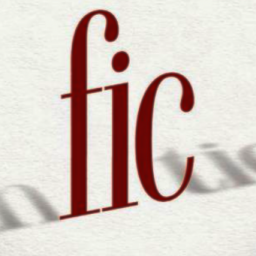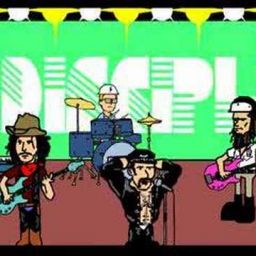With a license, do you own the e-book?
Recently, Amazon.com deleted electronic books written by George Orwell back from customers’ Kindles, including 1984. While Amazon did return the money for purchase, customers were upset that something they “owned” was removed. Amazon explained that it deleted these e-books because they didn’t have the rights to sell the book in the U.S., though these works are in the public domain in some other countries.
As the Wall Street Journal law blog (and related article) states:
the incident raises some difficult questions about what it means to “own” books in the digital age. [O]wning an e-book is more akin to licensing a piece of software than it is to owning a bound volume: access comes with fine-print terms of service, and often digital rights management software to ensure that you abide by the rules.
Maybe it is just because these are books?
Books have a [] entrenched culture of sharing — libraries exist for lending dog-eared volumes — raising potentially knottier legal issues.
Actually no. It has to do with the new licensing model — used for the vast majority of electronic items. Figuring out ownership is much easier to determine when there is a physical or non-reproducable item that a boundary can be put around — a house, a shirt, a physical book. Physical items can be sold and copyright is the most important possible limiter for intellectual property.
However, when a license is involved, the license terms rule. This means that the license can prevent sale or reuse (and some licenses directly state that they obviate fair use). Yet licenses can allow for greater use of copyrighted materials than copyright law allows — such as licensing truly unlimited use for educational purposes (fair use does not allow this expansive type of use!).
And this makes everything confusing for many because there is not one standard of use, even for libraries: “Use print materials based on copyright (including fair use), and electronic materials based on a license? I just want to use it!” The Memory Hole created by placing more and more materials behind a license are yet to be known, but the Kindle example is another great example of why copyright law needs to be changed — to further clarify safe harbours like fair use.







